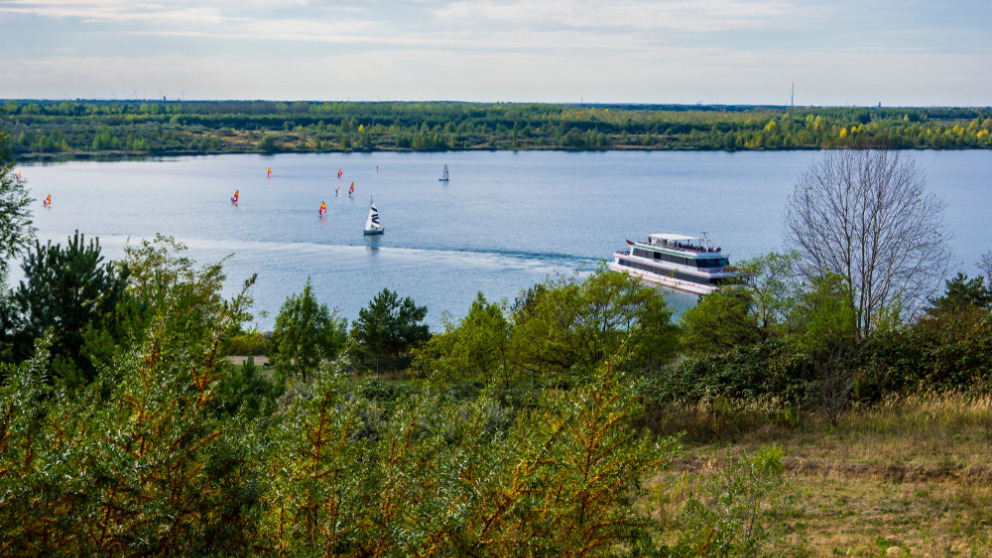Structural change and sustainability must go hand in hand
17.06.2019

With the Structural Adjustment Act, the German government intends to provide 40 billion euros of federal funding for the coal-mining areas of Germany. In addition, an emergency fund of 260 million euros is earmarked for short-term projects. However, the effect of these funds will remain modest if the federal and state governments do not go further than previously planned in implementing the costly coal exit.
They risk losing sight of three essential goals: enabling sustainability, strengthening regional activity, and learning to shape transformation.
Enabling sustainability
At the insistence of the three federal states of eastern Germany, the Coal Commission is calling for the regions to be better supported than is presently the case following the phase-out of coal. However, the projects proposed by the federal states do not yet constitute a strategy for structural change based on principles of sustainability. Nor is there any evidence that the federal government intends to offer any guiding intervention in this regard. Several possible approaches are available. For example, there are numerous organic farms in this region, though their share of the total number of farms is small. They represent sustainable agriculture, which could become a trademark of the region. Similarly, the Telux cultural centre in Weißwasser or the Kühlhaus arts centre in Görlitz offer practical examples of how local resources can be harnessed in a sustainable, integrating and forward-looking manner.
Strengthening regional activity
If attempts to promote regeneration in the regions remain limited to the funding of large-scale projects, the existing capacities and future potential of innovative small and medium-sized enterprises, cultural projects and social experiments will not be sufficiently utilised and strengthened. But it is precisely such projects that are showing how Germany’s regions can flourish without the old industries. In the end, how the regions develop will depend on the will of the people who live there. They should be able to contribute with their own ideas to decisions on how funding is used. Regional or local citizens’ forums could be given their own budgets and the necessary support and guidance so that local communities can actively take responsibility for the social transformation.
Learning to shape transformation
Considering the collapse of the former East German economy in the 1990s and the demise of heavy industry in the Ruhr and Saarland regions, Germany ought to be the world leader in social and economic transformation. But the disputes over the coal phase-out reveal that the lessons learned from earlier transformations are not easily transferable and there is even a risk of repeating past mistakes. The political hullabaloo generated by the state elections in Brandenburg and Saxony is no less exasperating than the lack of imagination shown by overburdened regional administrations. If Germany is to manage the coal phase-out and be ready for impending transformations in transport, agriculture, construction, etc., its people need to actively reflect on past experiences and systematically develop new processes. Scientific expertise from all disciplines is of greater value in this regard than merely weighing up different scenarios or identifying snags after the fact.
One of the key provisions of the Structural Adjustment Act is for a committee to coordinate action between the states and the federal government. However, a purely administrative body will not suffice to implement sustainability, strengthen regional activity and learn from earlier processes of transformation. Instead, we need a transformation forum in which representatives of the scientific community and broader society come together to develop concepts for structural change and review how resources have been deployed. Such a body would approach structural change as a process that incorporates various interests from the federal, state and municipal levels and thus creates transparency, quality and acceptance.
Under this approach, the coal phase-out could set the stage for a new narrative in which municipalities, states and the federal government, together with companies, local associations and citizens, weigh up the best concepts for a CO2-free, sustainable and liveable future.
A version of this article was published on 7th June 2019 in the Frankfurter Rundschau.